Meditations for Mortals by Oliver Burkeman
Oliver Burkeman serves up 28 daily nuggets of life advice that steers clear of the usual faster & smarter productivity nonsense.
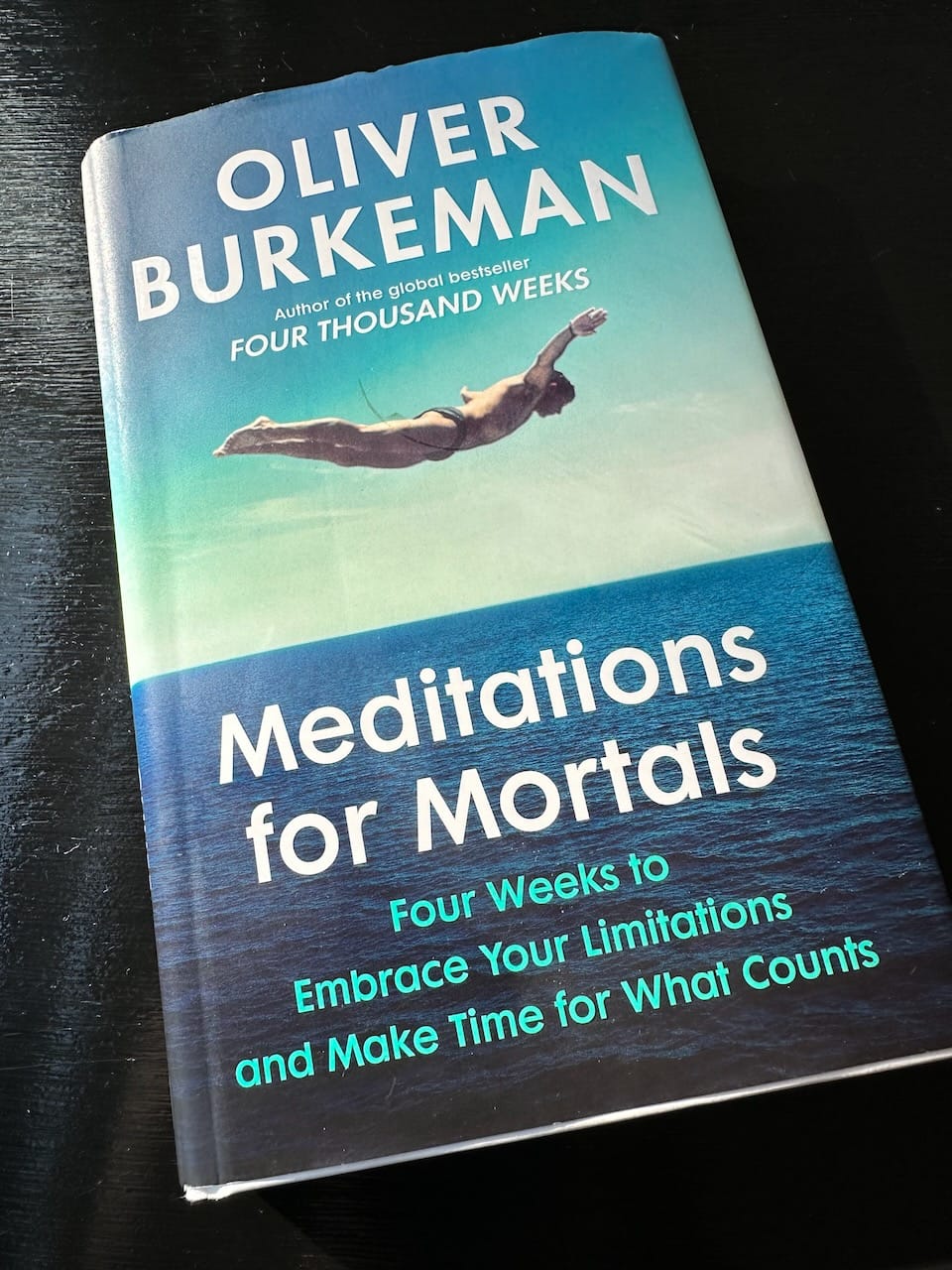
My first read of 2025, was this excellent 'self-help' book from Oliver Burkeman, which shares a short chapter designed to be read each day for 28 days. Burkeman builds on previous work to talk about productivity - but in a way that is not focused on becoming faster or more efficient - rather provoking us to define what is truly important, and focusing on that.
I really enjoyed the analogies and references quoted throughout, and found the one chapter a day format a nice way to get through a book at a sensible pace.
At the end of each chapter, I made a single note to help me recall the best insights I read.
Notes from Meditations for Mortals by Oliver Burkeman (highlights are mine)
- Everything is much worse than you think. Once you accept that, you can get on with making the rest of your life meaningful.
- Just do it. Pick something you genuinely care about and then for at least a few minutes, do some of it. Today.
- The notion that you ‘have to do it’ in truth, means that you‘ve chosen not to pay the price of refusing… there are no solutions, only trade-offs.
- Our default stance is to measure our actual accomplishments against all the things we could, in principle, still do… but instead compare your output to the hypothetical situation that you stayed in bed and did nothing.
- Moving more quickly through an infinite incoming supply of something never gets you to end of it. Treat your to-read pile as a river, not a bucket.
- Pick your battles, and don’t feel bad doing so. In an age of attention deficit, the greatest act of good citizenship maybe learning to withdraw your attention from everything except the battles you’ve chosen to fight.
- Most of the bridges we worry about never end up needing to be crossed at all.
- To move forward, you need to choose. And keep on choosing.
- Completion replenishes energy rather than using it up. Getting into the habit of finishing what you start creates fuel for more meaningful productivity.
- It is never the case that there is no next step to take. What is the life task here?
- Befriend a gnawing rat by asking yourself what you would truly be willing to do.
- If you want to be good at something, you should do it a lot, preferably more days than not.
- Limiting the amount of time allotted to high-stakes work also helps reduce the feeling of being intimidated or oppressed by it, which causes some people to procrastinate.
- Beyond the mountain are more mountains, until you reach the final mountain. In the meantime, there are few things more exhilarating than mountain climbing.
- What if this is a lot easier than I’ve been assuming?
- Do not treat yourself in punishing and poisonous ways that you would not dream of treating someone else. How would YOU like to spend your time today?
- Each time the thought of giving arises, act on it. Generosity never leads to remorse.
- Other people’s negative emotions are ultimately a problem that belongs to them. And you have to allow other people to their problems.
- The more we try to render the world controllable, the more it eludes us, and the more daily life loses its resonance, its capacity to touch, move and absorb us.
- A pragmatic way to ease up on a fixation with (perfect) outcomes is to set a quantity goal.
- We try so hard to cling to the rock face of fixed focus; we fall off, again and again - yet when we do, the world catches us every time.
- We have to show up as fully as possible here, in the swim of things as they are.
- Decide who you want to be. Act from that identity immediately. Thirty minutes spent actually Doing the Thing today, are more valuable than all the hypothetical hours spent doing it in the future.
- You need not project a facade of flawless competence before you start daunting work or reaching out to others…understand that everyone else has a similarly messy inner world.
- It is nice to collect memories, but the way to do that isn’t to go about trying to collect them. It’s living them as fully as possible, so as to remember them vividly later.
- What additional satisfaction could you take in your life…once you glimpse a truth that must have come intuitively to premodern people - which is that life is so inherently confusing and precarious, then joy is going to have to be found now in the midst of the confusion and precariousness.
- Once you stop struggling to get on top of everything, to stay in absolute control, or to make everything perfect, you are rewarded with the time, energy and psychological freedom to accomplish the most of which anyone could be capable.
- The truth is, reality doesn’t need me to help operate it. It carries on fine regardless.


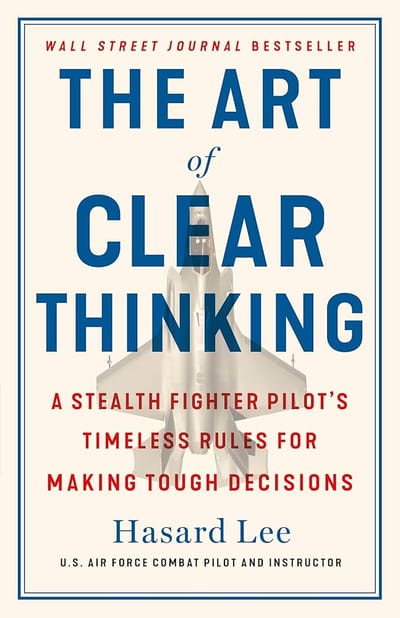
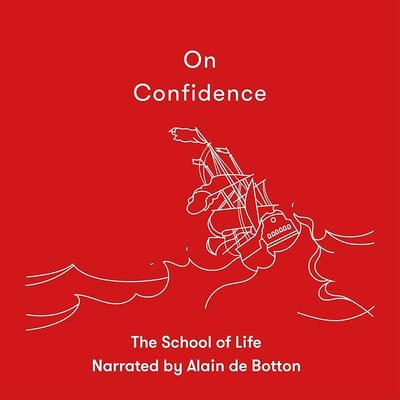
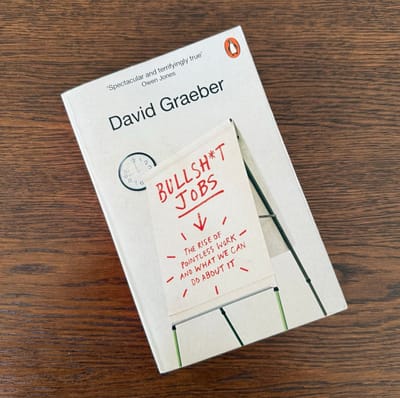
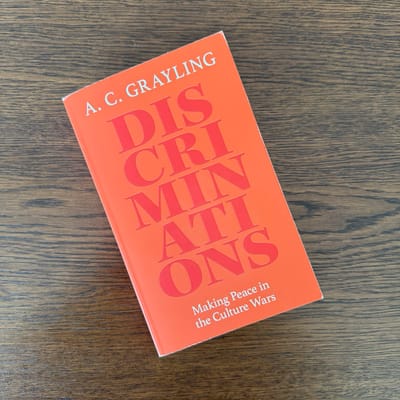
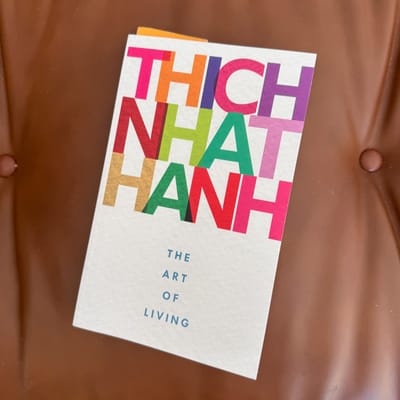
Member discussion